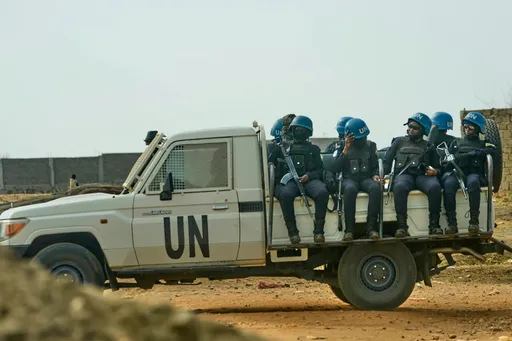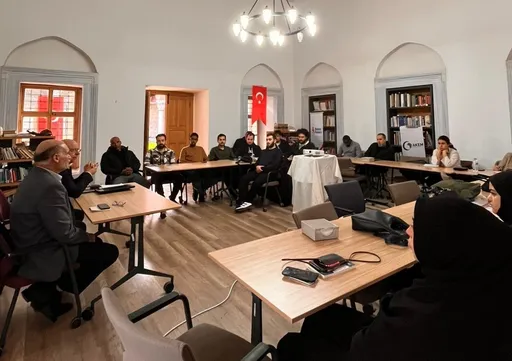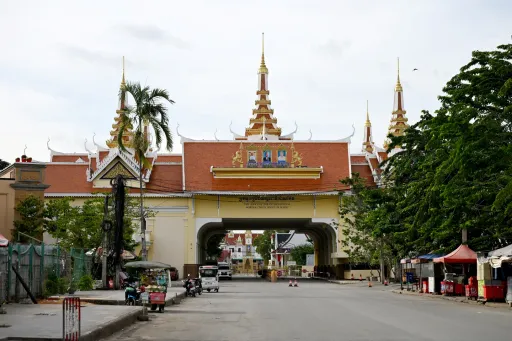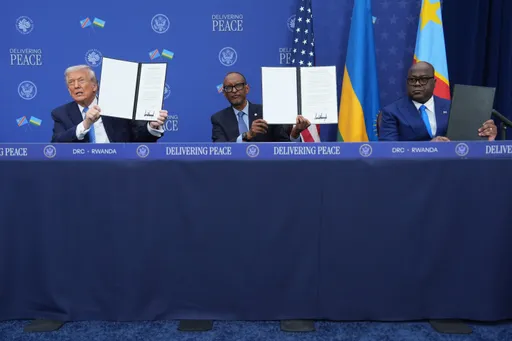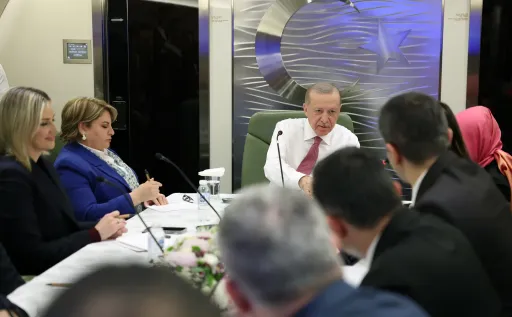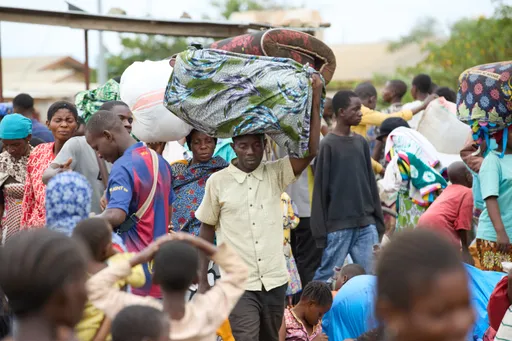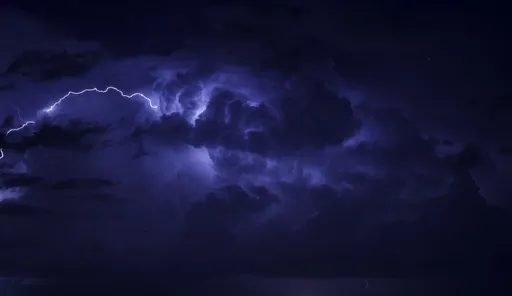By Millicent Akeyo
At 92, Ouma Katrina Esau carries her years with the grace of a matriarch illuminated by a lifetime of wisdom and experience.
It's the burden of being the last surviving fluent speaker of the indigenous language Nǀuu that weighs her down.
"I love the Nǀuu language a lot, and because of that reason, I don't want it to die. I want it to live on," says Katrina, who lives in South Africa's Northern Cape.
Nǀuu is a critically endangered language belonging to the Tuu cluster and once widely spoken by the San people, among the oldest surviving hunter-gatherer communities in Southern Africa.
The San community’s ancestral lands stretched across swathes of the Kalahari Desert that are now part of the independent nations of Namibia, Botswana and South Africa.
Like many indigenous languages across Africa, Nǀuu faces extinction, forced into irrelevance by colonialism and apartheid, and buried under the onslaught of modernism.
"It doesn't feel good, it doesn't feel good. You talk, you walk, you know, you talk, you miss... you miss someone who can just sit with you and speak Nǀuu with you," Katrina says in a 2023 Reuters video, her words tinged with sadness.
The story of Nǀuu's decline is intertwined with South Africa's painful history. During the colonial and apartheid eras, Nǀuu speakers were often ridiculed, leading many to abandon their native tongue.
By 1973, Nǀuu speakers like Katrina had switched to Afrikaans, and the dialect was declared near-extinct. "We became ashamed when we were young girls, and we stopped speaking the language," she recalls.
Rebirth in the Cape
Hope flickered anew in the 1990s when Nǀuu re-emerged in the Northern Cape. A group of about 20 elderly people, including Katrina and her siblings, resumed speaking the distinctive click consonants that are integral to Nǀuu's phonetic structure.
Over three decades later, Katrina is the only survivor from the group left to uphold that legacy.
She often despairs at the thought of Nǀuu dying with her but refuses to let the language fade into silence.
Katrina has been teaching the language to youngsters of her community in a tiny classroom at her house in Rosedale on the outskirts of Upington.
She uses phrases and songs to drill the discipline required to speak Nǀuu.
Each word requires precise tongue and mouth movements, producing sounds as unique and captivating as the stories and traditions the language conveys.
Katrina's granddaughter, Claudia Snyman, tries her best to protect Nǀuu from slipping into oblivion.
The duo co-authored a Nǀuu children's book in 2021, and Katrina's efforts were recognised with an honorary doctorate from the University of Cape Town two years later.
"The language isn't where it is supposed to be. We don't know everything yet, and we don't want the day when Ouma (Katrina) is no longer with us, and all of Ouma's work has been in vain," says Claudia, a passionate language activist.
Another fading voice
Thousands of miles away, in Kenya's hinterland, another ancient indigenous language teeters on the brink.
"Yakunte is a language spoken by the indigenous community of Yaaku. UNESCO classifies it among the critically endangered languages of Kenya," says Johnson Saidimu, manager of the Shulmai Community Conservancy.
By 2019, only two fluent speakers remained among the estimated 10,000 Yaaku people — centenarian Stephen Leriman and his brother Leteiyon, who is in his nineties.
"There are very few people who can speak the language of the Yaakus. Many have died," says Leriman, who has dedicated his life to reviving Yakunte.
"He's a professor for the Yaaku community – for the language, culture, environment, and their conservation. Whenever he's being interviewed about his culture and everything to do with the Yakunte language, all that he gives is deeply from the heart," says Leriman's granddaughter, Julian Lorisho.
Lorisho, a teacher, recalls that the force of her grandfather's words led her to pick up her native tongue as a child.
"He would say, 'If you won't learn your language and not know your culture, you are like a zebra with no stripes. So, if a zebra doesn't have stripes, it loses the meaning of being called a zebra'."
Taking this lesson to heart, she learned ten new Yakunte words daily as a child and now teaches about 300 students.
"I am passing on the tradition, knowledge and culture that I inherited from my grandfather, who brought me up since I was seven," recounts Lorisho.
The struggle to preserve Yakunte is deeply connected to conserving the Yaaku community's homeland.
"The words 'shulumai tepui' in the Yakunte language means 'this is my home'," explains Saidimu.
"We have Sholumai cave, one of the biggest in the landscape, and it used to host the Yaaku clan. According to its history, the cave was big enough to host a whole clan and their livestock. You find shelves in the cave that they used to store honey. You find old drawings of wild animals that used to be hunted by the Yaaku community."
Saidimu believes the Yakunte language is "connected to the forest" just as "the forest is connected to life".
Melting pot of languages
Africa is a linguistically and culturally rich continent with 2,158 languages, of which UNESCO lists 523 as "critically endangered".
"When we lose a language, the other things that I think we lose are identity, a sense of belonging and our history," says Dr Lorato Mokwena, a linguist.
Despite the daunting odds, efforts to preserve the legacy of the continent's indigenous languages stoke hope that some of these might yet survive.
➤Click here to follow our WhatsApp channel for more stories.









